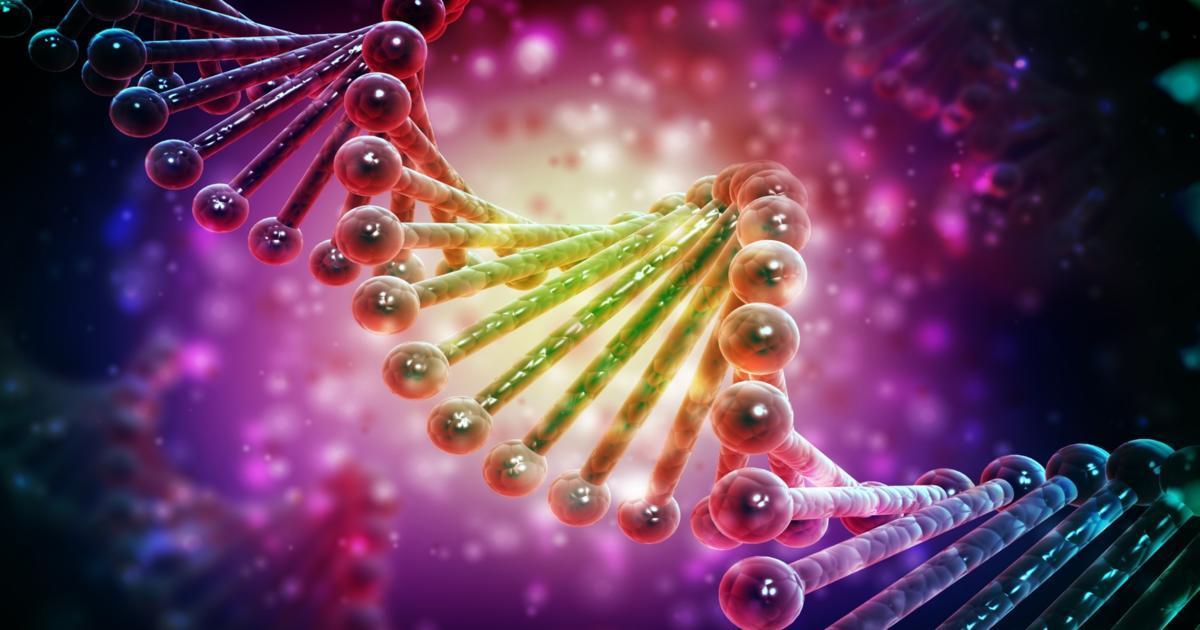Symptoms, Risk Factors, And Causes Of Congenital Heart Diseases
Edema

Individuals who experience edema may be affected by a congenital heart disease. The heart is responsible for pumping oxygen-poor blood into the lungs for gas exchange, and then back to the rest of the body once it has been re-oxygenated. The kidneys are responsible for carefully maintaining the body's balance of fluids, ensuring there is not too much or too little fluid in circulation. When the kidneys see there is excess fluid, they are responsible for filtering it out of the blood into the urine for excretion. However, the blood must be able to adequately reach the kidneys in order for fluid to be filtered from it. A heart with structural or functional defects cannot circulate blood throughout the body adequately.
As a result, the kidneys are unable to filter out fluid from poorly circulating blood properly. Poor circulation also directly contributes to the functional impairment of the kidneys from a shortage of oxygen to the kidney tissues themselves. Excess fluid in the blood leeches through the small capillaries and into surrounding tissues as a homeostatic mechanism response to fluid overload or hypervolemia. This accumulation of fluids in the tissues of the limbs and other regions is called edema.
Heredity Component

An individual is at an increased risk of having a congenital heart disease if a heredity component is present, such as a parent or sibling being affected as well. The manner of inheritance is different among different types of defects in the heart. Autosomal-dominant defects mean if one parent has a congenital heart disease, there is a fifty percent chance their offspring will also have it. Genetic syndromes that are the result of abnormalities in an individual's set of chromosomes can also increase the risk of having a congenital heart disease.
Chromosome abnormalities include missing chromosome pieces or duplicate chromosome pieces. Because the genetic code in the human chromosomes originates from an individual's parents, the majority of such defects are inherited. Around one-third of all infants with chromosomal issues that result in genetic syndromes are affected by a congenital heart defect. An individual who has a single gene defect is also at an increased risk of having a congenital heart disease. Congenital heart diseases can typically be detected while an individual is in utero during the second or third trimester of pregnancy.
